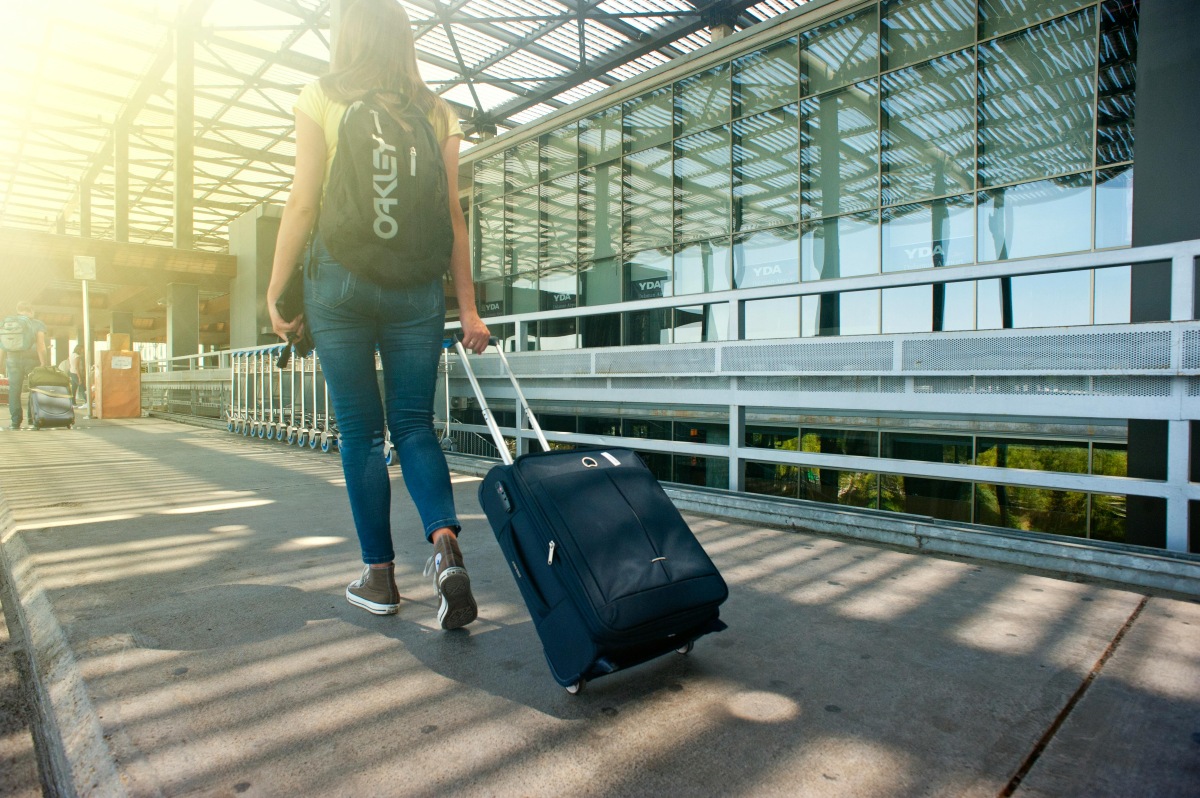Quality and luxury should not be rushed. If Malta wants to attract higher-end clients, it needs to scale-up its product gradually, Alan Arrigo, member of Board of Management of the Malta Chamber and also a member of the Tourism Operators Business Section within the Chamber told BusinessNow.mt. Contrary to the belief that ramping everything up as quickly as possible will result in a swift increase in profits, long-term benefits should not be sacrificed in terms of short-term results.
It is true that Malta is breaking several of its previous pre-pandemic records: in the latest NSO statistics, published earlier this month, there was a 17.5 per cent increase for inbound tourists in July compared to the corresponding month in 2022, which resulted in an increase of 20.8 per cent in total tourist expenditure for July 2023 over last year’s figures. However, the spending power of inbound tourists in real terms has decreased. The average expenditure per tourist for January to June 2019 was €726, after adjusting for inflation, the average expenditure for January to June 2023 has dropped to €705, while the average length of stay has remained the same.
The topic was first broached by Mr Arrigo and Mr Silvan Mifsud in a Times of Malta article titled Tourists are Spending Less. In the opinion piece, Mr Arrigo puts this down to inflation. Expanding on this point, he highlighted that the increase in prices of services and goods means that tourists may well appear to be spending more on paper, but they are certainly getting less bang for their buck. The reduction in value attributed to their money, is a direct result of an overall price increase and means that expenditure in 2023 versus 2019 may very well not be worth the same. Mr Arrigo stated that when adjusted for inflation, the per capita and per night expenditure in 2023, works out to less than what it was in 2019. And “while we’ve certainly got back on our feet, with record numbers, tourists are spending what they plan to afford”. So that the latest statistics comparing 2023 to 2022, is taking into consideration the physical numbers and not necessarily what there is behind this increase.
Figures suggest that tourist behaviour patterns are changing. Indeed, inbound visitors have veered towards budget options, with the majority falling into the 25-44 age range spending less than before and a larger percentage opting for rented accommodation rather than hotels overall. Guest numbers were higher than previous years from January to June 2023, at 1,039,848 but the total nights spent were much lower at 4,316,202.
Asked whether the type and quality of visitor has changed over time, or whether there is something else at play, Mr Arrigo suggested that the suggested definition of quality is meeting customer expectations, rather than looking at quality in terms of luxury. He added that different customers have different expectations and their spending power depends on their wallets. Malta is mostly a sun, sea and fun three-star destination and attempting to compare the luxurious type of holiday offered by places like the Maldives is not possible because Malta’s product is different Mr Arrigo affirmed.
“In general Malta is not a luxury destination and attempting to accelerate its transition to this can, in fact, work against the sector,” he claimed. There is currently a lot of supply of hotel rooms – with new hotels being built and extra floors added onto existing ones. The demand remains the same but the supply is going to double the number of rooms available by 2030.
The Malta Tourism Strategy 2021-2030, published last year by the MTA clearly states that “If all currently licensed bed-stock plus beds in the pipeline become operational by then (circa 100,000 beds/36.5 million available bed-nights), the resulting occupancy would be an unprofitable 57.5 per cent. Adding unlicensed bed-stock would dilute occupancies even further, closer to 50 per cent.” So what appears to be happening is that indeed more tourists are flooding in, however, they’re still not enough to fill the large number of ever-increasing unoccupied beds on the island. At the same time, inflation is making life a lot more expensive, which means that tourists are paying more for similar services for which they used to pay less pre-pandemic.
Another study which supports this was commissioned by the MHRA and conducted by Deloitte, called “Carrying Capacity Study for Tourism in the Maltese Islands.” It was financed by the European Social Fund, Operational Programme II and the NGO co-financing fund 2022. Their main concern was that “Our existing strategy for increasing arrivals may yield diminishing marginal benefits. Average length of stay and real tourism expenditure per night have decreased in recent years.” An 80 per cent increase in arrivals over the next five years would be needed to reach the same occupancy rates as 2019. Adding so many extra beds could result in low occupancy which would be damaging to profitability in the Tourism sector, thus posing a potential threat to Malta’s financial and economic stability.
On this point, Mr Arrigo remarked that an oversupply of bed stock “is environmentally detrimental and economically unwise since the beauty of the island is what is being sold”. When supply of accommodation exceeds demand, there is a downward pressure on operators to lower prices, therefore attracting tourists who have that type spending power. Lower prices do bring people in, along with the incentives of low-cost airlines catering to people on school and university summer breaks, as well as festival goers, who all look for the southern parts of the Mediterranean to holiday in. Catering to a budget clientele will likely result in underspending, and this is one of the undesirable effects of over-tourism, he explained.
Luxury is only as good as the weakest link, and a gradual scale-up and diversification will have much more positive long-term outcomes. The tourism industry has asked for a general levelling up of standards and this statement of Mr Arrigo’s is also corroborated by Kevin Callus, General Manager at AX Hotels Valletta properties. Mr Callus describes the hospitality industry as “a cut-throat” one “where only the fittest survive.” He acknowledged that tourists are becoming more aware of what they want and their needs and expectations are founded upon their higher discernment of destination and accommodation type. Luxury tourists are “now after unique experiences that will last a lifetime” which depend on the quality of service offered by hotels. Indeed, this service has “become the key to their survival” in an industry which has become oversaturated by new hotels and catering establishments. While Mr Callus said that they have seen improvements, he also reiterated the concerns voiced by Mr Arrigo – that the challenges ahead are mostly “due to the hefty increases in bed stock, decreased airline connectivity from Germany and UK which are main markets for our island” as well as the increases in costs being experienced “which can negatively affect our value for money approach.”
Mr Arrigo’s argument for a gradual levelling up of standards and expansion as well as improvement in the product Malta can offer, is evident in his heading of The Malta Chamber’s “Rediscover” initiative. This, as his biography states, “includes recommendations on how to re-establish Malta as a safe and welcoming tourist destination through quality experiences.” At their core, the key guiding principle is sustainability. Current weakly enforced and disjointed policies are responsible for holding back the steady and consistent improvement which is much needed and which will give much greater stability in the long run. Mr Callus also took a similar position by stating that the hope is “that in the coming years a concerted effort is done by all the stakeholders in this industry to elevate our tourism product to a level that makes Malta as a whole attractive for high-end tourists too.”
Young adults lead Malta’s tourist arrivals in May 2025
Visitors aged 25 to 44 made up the largest group of inbound tourists
Demand for electric vehicles holds strong despite €3,000 cut to government grant
Hybrid models also continue to attract buyers, despite the end of the grant
Accessible student loans scheme extended
The FSMA + scheme allows students to cover tuition fees, accommodation expenses while pursuing further education in Malta and abroad






